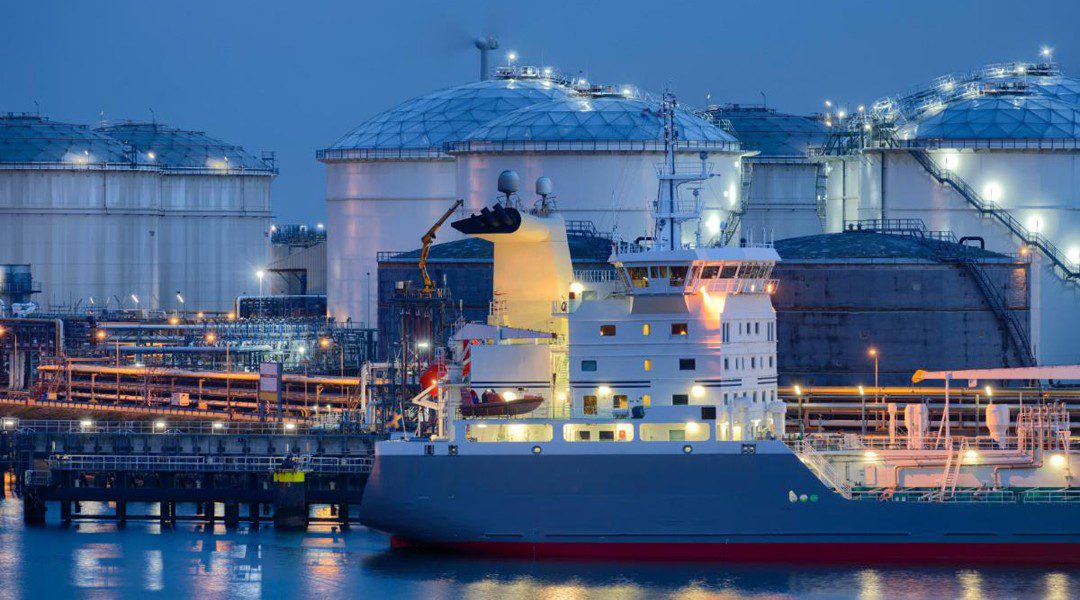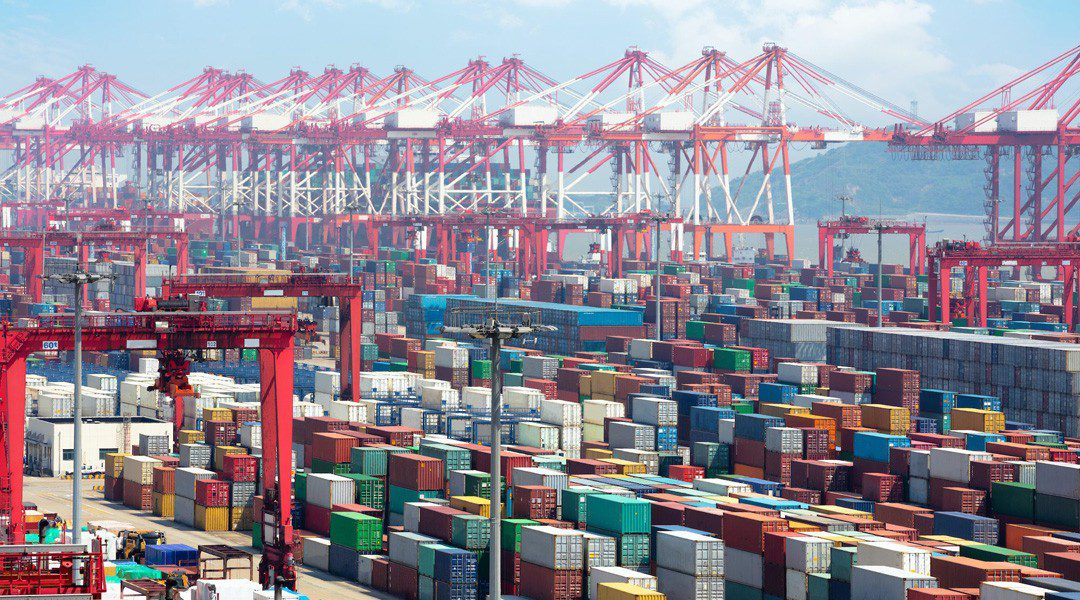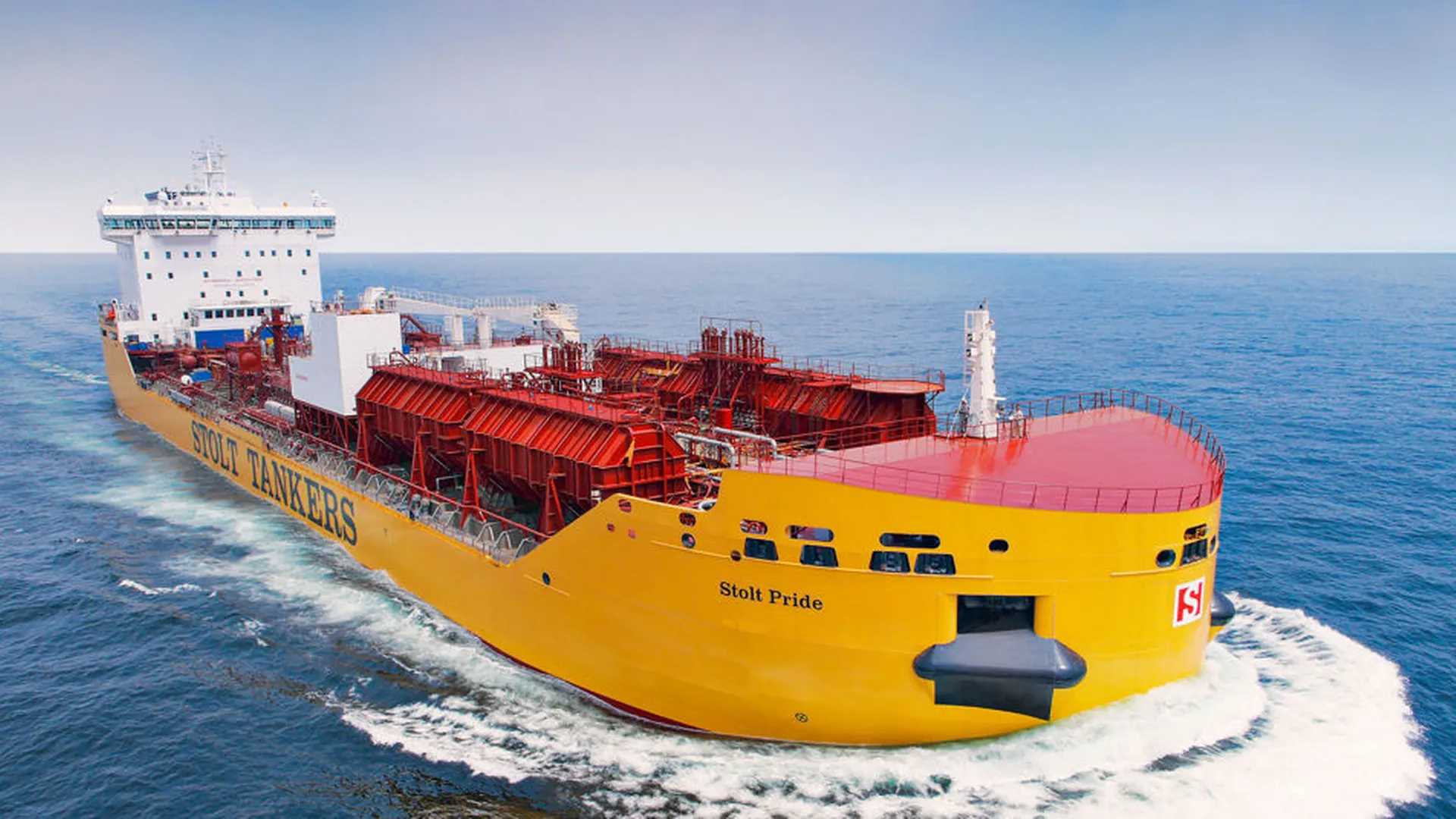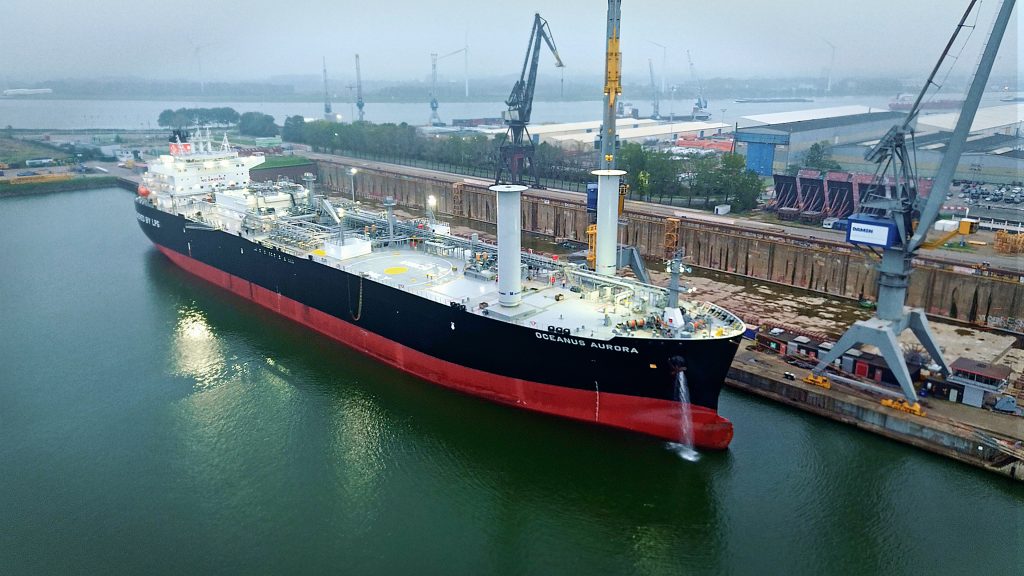The First BRICS Seafarers’ Forum was held in Salvador, Brazil. Representatives of maritime trade unions from Brazil, Russia, India, China, South Africa, Saudi Arabia, Egypt, Ethiopia, Indonesia, Iran, and the UAE participated. The interests of Russian seafarers were represented by Yuri Sukhorukov, Chairman of the Russian Seafarers’ Union.
Participants discussed the global economic situation in merchant shipping and developed and adoptedthe El Salvador Declaration for Decent Work at Sea and for Peace, establishing the BRICS Seafarers’ Forum. Three resolutions were adopted:“On the Protection of National Cabotage and Maritime Sovereignty of BRICS Countries”; “On the Joint Protection of Seafarers’ Rights in the Context of Sanctions, Trade Conflicts, and Global Tensions”; and “On the Identification of Priority Issues Related to Working Conditions on Board Ships for Joint Work within the Correspondence Working Group.” The documents adopted during the meeting form the basis for developing systemic work to protect the national labor rights of seafarers and strengthen their role in the emerging multipolar world.
For a national fleet and jobs
One of the topics discussed at the forum was the protection of cabotage shipping in the BRICS countries. In Russia, in particular, the situation is such that more and more foreign vessels with foreign crews are receiving permits to operate in cabotage and are becoming involved in cargo transportation along the Northern Sea Route (NSR).
Despite the strategic importance of the Northern Sea Route for Russia, the lack of preferences for Russian-flagged vessels with domestic crews has led to the dominance of vessels flying flags of convenience. This, in turn, deprives the trade union of the ability to effectively protect the rights of seafarers on these vessels. Furthermore, this contradicts the adopted development strategy for the Northern Sea Route, which stipulates that the transportation of extracted hydrocarbons should be carried out on vessels of Russian owners, built in Russia, and with Russian crews on board.
“Currently, we have limited influence over crew selection and employment conditions on foreign-flagged ships. Therefore, we look to the BRICS Maritime Trade Unions with hope, seeing in it the potential to develop new international coordination mechanisms to strengthen the position of national trade unions in defending seafarers’ rights to jobs and decent working conditions in coastal shipping,” said RPSU Chairman Yuri Sukhorukov.
“It’s essential to respect each country’s cabotage trade, giving preference to national vessels and providing jobs to their citizens. Such protection is crucial to ensuring that our populations have food and essential goods, without relying on external sources, especially during conflicts,” said Carlos Müller, president of the CONTTMAF confederation and the SINDMAR maritime officers’ union in Brazil.
In this regard, the maritime trade unions of the BRICS countries agreed to develop a joint policy aimed at protecting national labor markets and ensuring decent conditions for seafarers. In a joint resolution “On the Protection of National Cabotage and Maritime Sovereignty of BRICS Countries,” forum participants emphasized that the maritime trade unions of the BRICS countries are adopting their own cabotage protection policies, which are binding on other countries.
Cabotage is an expression of national sovereignty in the maritime sphere, and its protection guarantees decent jobs.
Other key points of the adopted document included support for the sovereign right to reserve cabotage for nationally flagged vessels; a firm stance against deregulation and unlimited market opening, which threaten national interests; recommendations to governments to strengthen human resource capacity; and the establishment of a BRICS Seafarers’ Forum to coordinate joint actions on the international stage.
Solidarity against sanctions
The second resolution, “On Joint Protection of Seafarers’ Rights in the Context of Sanctions, Trade Conflicts, and Global Tensions,” adopted by the BRICS maritime trade unions, condemns the negative impact of sanctions and conflicts on the safety and rights of seafarers. The unions called on international organizations and governments to protect crews from restrictions that violate their labor and human rights.
The resolution emphasizes that seafarers are workers who ensure global supplies and should not be held hostage by geopolitical tensions. It notes that sanctions, financial restrictions, and citizenship-based blacklists deprive them of access to wages, banking services, and social security.
Forum participants demanded that the International Labour Organization (ILO) and the International Maritime Organization (IMO) take concrete measures to protect seafarers, regardless of the political climate. Maritime union leaders also agreed to coordinate the representation of seafarers’ interests in key international bodies, demanding non-discriminatory access to social benefits and repatriation mechanisms.
To promptly respond to emerging threats, a permanent crisis response and solidarity mechanism will be established. Its tasks will include monitoring violations, providing emergency legal and humanitarian assistance to seafarers, and coordinating international campaigns in their defense.
Responding to global challenges
Key priorities for protecting seafarers’ rights are outlined in the third resolution, “On identifying priority issues related to working conditions on board ships for joint work within the Correspondence Working Group.” In it, forum participants approved a list of priority issues related to working conditions on board ships for joint work within the newly established Correspondence Working Group. This step is aimed at developing a unified trade union strategy in response to common challenges such as automation, energy transition, and geopolitical instability.
The document emphasizes that the new working group will become a platform for ongoing cooperation, the exchange of successful national experiences, and the development of joint actions to protect the health, safety, and dignity of seafarers.
The group’s key areas of work will be advocating for the interests of crews abandoned in foreign ports, namely, improving the effectiveness of financial guarantees for seafarers in accordance with the Maritime Labour Convention (MLC 2006) and employer liability.
The working group will also focus on the participation of trade unions in the development of maritime policy that ensures the retraining and protection of seafarers’ rights during the transition to new fuels.
BRICS maritime unions will jointly work to ensure adequate crew manning, which will guarantee rest time, occupational safety, and a manageable workload for all crew members.
Particular attention will be paid to promoting anti-discrimination policies onboard ships.
In response to the challenges of automation, legislative initiatives are planned to preserve jobs and ensure safety standards on autonomous vessels. Concurrently, work will be undertaken to remove structural barriers and create inclusive policies for the hiring and career advancement of women in the maritime industry.
Ensuring fair treatment of seafarers during incident investigations, including protection from criminalization, will be a key priority. This includes developing mechanisms to provide legal support to seafarers in cases of accidents, claims, or unlawful actions by port states.
To effectively advance seafarers’ interests, close coordination will be developed between BRICS maritime trade unions in international organizations such as the IMO, ILO, and the BRICS global trade union federations. This will enable the development of unified positions and strengthen negotiating power at the global level.
“The world is inexorably moving toward multipolarity. In response to this new situation and in pursuit of a just global order, maritime trade unions from BRICS countries have united and developed the El Salvador Declaration, creating the BRICS Seafarers’ Forum. Our alliance will mark the beginning of the consolidation of seafarers’ trade union organizations in the BRICS countries,” emphasized José Divanilton Pereira, Deputy Secretary General of the World Federation of Trade Unions for Latin America.
The Salvador Declaration proclaimed a unified position of maritime trade unions from BRICS countries on a wide range of issues. In the document, union leaders outlined key initiatives: guaranteeing seafarers decent work with fair wages, safe conditions, and social guarantees, as well as protecting the maritime sovereignty of BRICS countries and cabotage policies. To implement these goals, forum participants established the BRICS Seafarers’ Forum and agreed to establish a Correspondence Working Group to coordinate joint actions and address specific industry-specific issues.
Separately, leaders of maritime unions from Brazil, Russia, India, China, South Africa, Saudi Arabia, Egypt, Ethiopia, Indonesia, Iran and the UAE called for peace worldwide.




